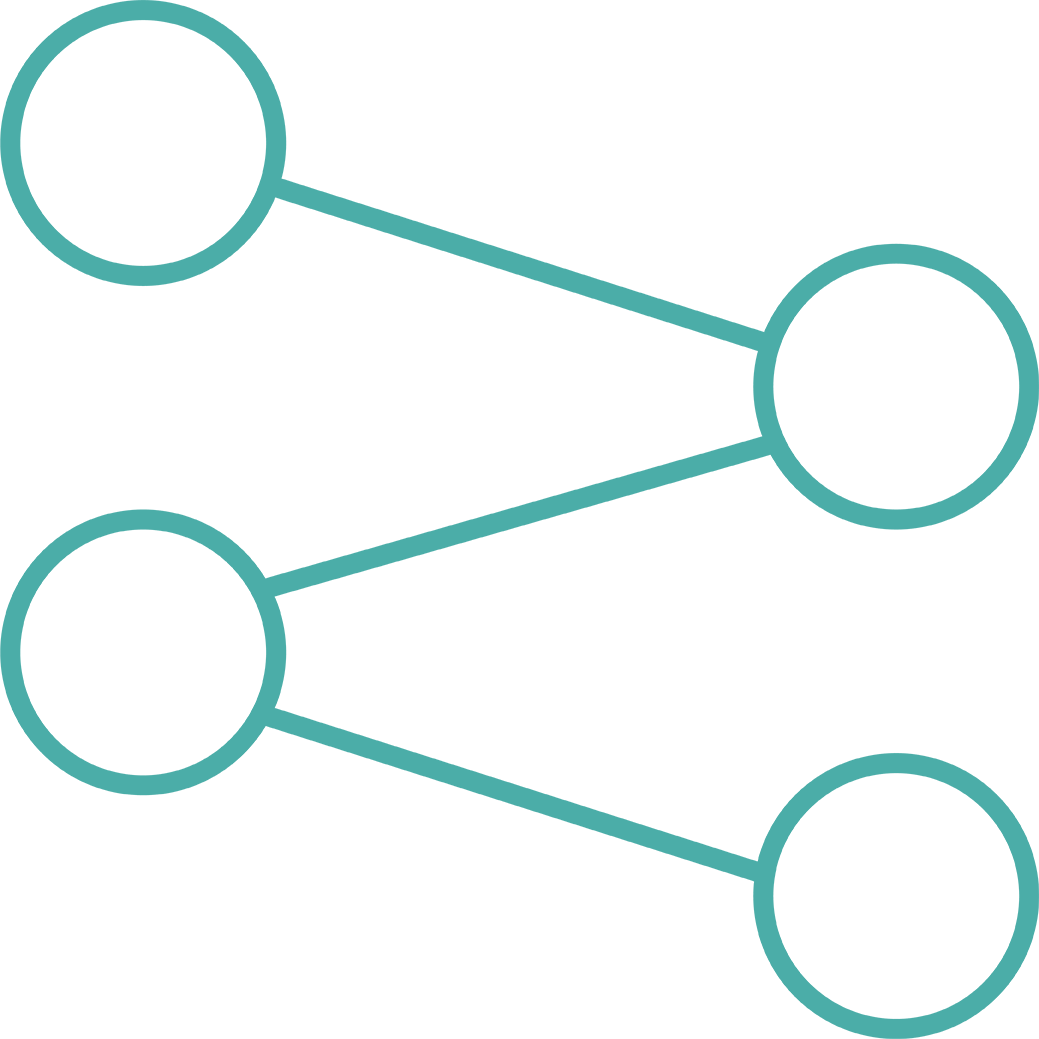The Future of Leadership in the Middle East
The Middle East is changing – fast. The move to diversified economies has already started but in order to be successful, leaders will need to align their company visions, both in the public and private sectors, to one of the...







